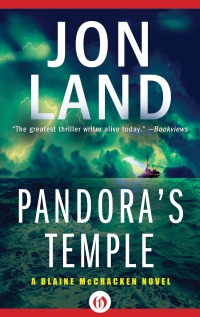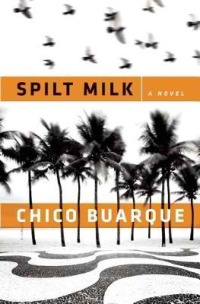Dark Passage by David Goodis
 Sunday, December 9, 2012 at 9:14AM
Sunday, December 9, 2012 at 9:14AM 
First published in 1946
Despite his innocence, a man named Vincent Parry is convicted of murdering his wife. His fate is sealed by Madge Rapf, the woman who scorned him after he rejected her, who testifies that Parry's wife identified Parry as her killer with her dying breath. Parry escapes from San Quentin but only evades the police with the help of a stranger named Irene Janney, a mysterious woman who seems to know all about Parry and who claims to believe in his innocence. Yet much to Parry's consternation, Janney also seems to have a connection to Rapf. Not knowing who to trust, Parry seeks out the help of his best friend, but nothing comes easily for Parry. Another murder occurs and Parry is blamed. If Parry isn't the killer, who is? Before he can find out, he becomes the victim of a blackmail scheme.
Improbable events are a constant in Parry's life from the moment he leaves San Quentin. His life seems filled with coincidence yet he knows there is a limit to coincidence. "Maybe there's a certain arrangement to things," Parry says as the novel nears its end, just after he pieces the puzzle together, "and even if it takes a long time it finally has to work itself out." Parry is talking about fate but he might as well be talking about the plot. By the end of the novel, the reader realizes that David Goodis has spun an intricate story that, except in some minor respects, isn't dependent upon coincidence. The story passes the credibility test at every turn, and there are plenty of turns. The solution to the whodunit isn't surprising, but neither is it strained, as is so often true of modern mysteries. Was I convinced that the motivations advanced in the novel would have actually resulted in the murders? Not entirely, but people behave in surprising ways, so I'm willing to give Goodis the benefit of the doubt.
Goodis uses straightforward prose and a variety of styles to tell the story. The novel has a seductive rhythm. Words and phrases are repeated throughout the text. Colors swirl through the narrative -- yellow hair, a yellow robe, the hot yellow sun. The color orange becomes an important clue to a killer's identity. At one point Parry has a surrealistic conversation with a corpse. One of the novel's best passages alternates Parry's fantasies about living in Peru with his inescapable thoughts about the murders. During action scenes, particularly life-and-death struggles, Goodis uses run-on sentences to convey the urgency of the situation and Parry's inability to pause for thought. Reading the newspaper triggers stream of consciousness memories of Parry's married life. Other parts of the novel contrast the mundane lives surrounding Parry with Parry's extraordinary life. And every now and then Goodis writes something wonderful, like "She had eyes the color of an old telegraph pole."
The detailed descriptions of the characters and their actions -- a panicky woman squeezes a chocolate candy until "butter cream came gushing out between her fingers," a mess she can't wipe clean without making a bigger mess -- make Dark Passage more notable for its psychological portraits than for its plot. The ending, however, is pure noir, and a fitting conclusion to the dark story.
RECOMMENDED



